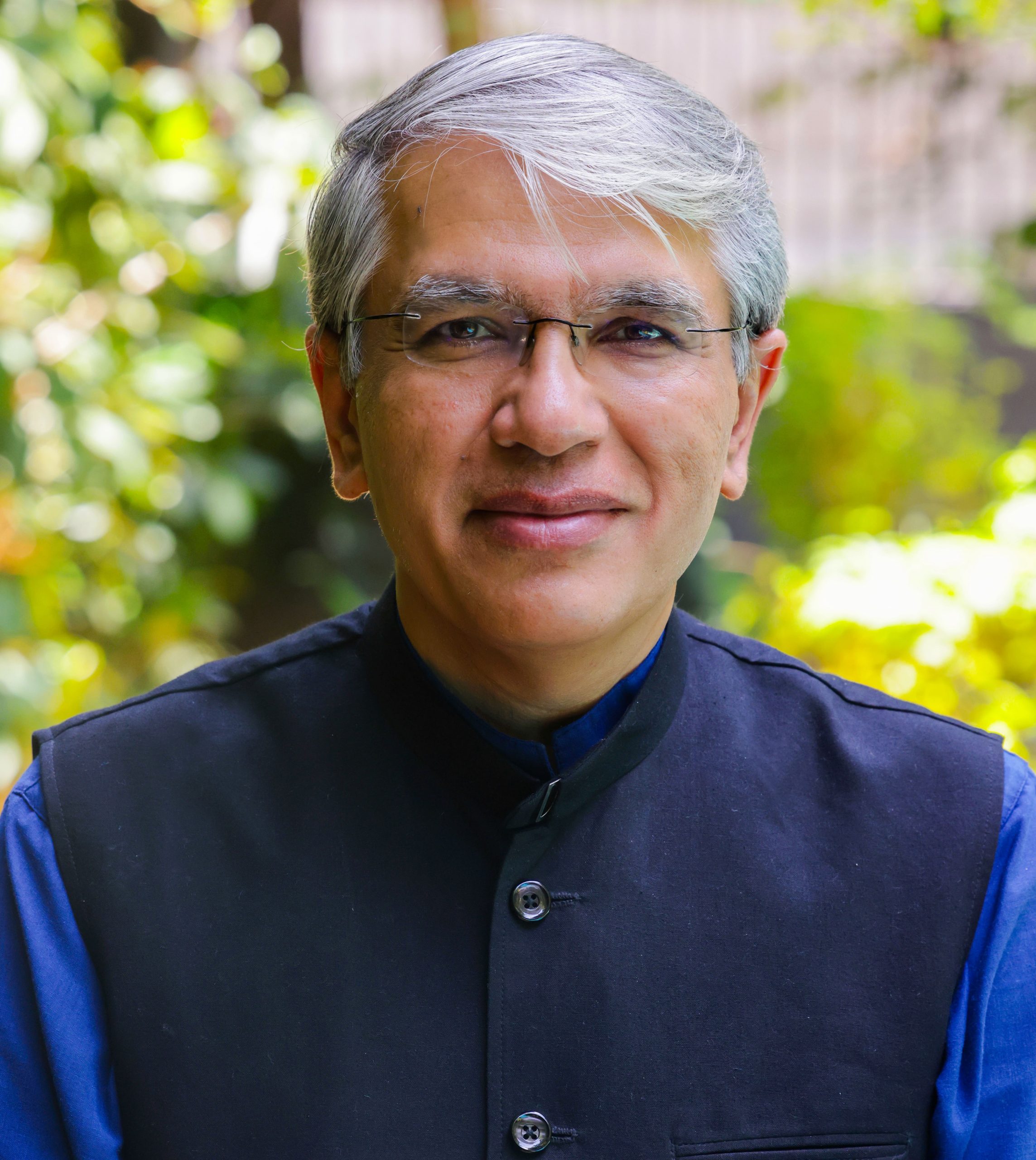Firms expect fresh graduates to have right combination of hard, soft skills

The future belongs to the young who combine breadth with depth, soft skills with hard skills, and synthesis with analysis
Education has always been about repair, prepare and upgrade. But, now we confront a new world of education, skills, work and jobs. In the old world of education, Google knew everything; in the new world, AI is learning everything. In the old world of skills, the objective was prepare; in the new world, the objective is repair and upgrade. In the old world of work, employment was a lifetime contract; in the new world, it is a short, intense and taxicab relationship. In the old world of jobs, policy makers and educators could predict where jobs would be in the next decade; in the new world, all market predictions seem to have the efficacy of palm reading.
More importantly, in the new world of work, dangerous, dirty, repetitive and uncomplicated jobs will increasingly be done by software and machines. Learning has shifted from the 10+2+3+2 system to lifelong learning because, unlike our parents who had 30-year careers, our kids will have 50-year careers.
Unemployment is not India’s problem; our challenge is employed poverty. The unemployment rate of 6-8 per cent since 1947 is not a fudge, but this masks an employed poverty rate of 25-30 per cent. Most people who want a job have one but do not have the wages they want or need. Employed poverty can only be solved by changing the productivity of India’s states (more formalised, industrialised, urbanised, financialised and skilled), cities (better urbanisation), sectors (farm to non-farm), firms (with better talent, technology and capital), and individuals (with skills). Firms expect fresh graduates to have the right combination of hard and soft skills (curious, confident, risk taker, team player, emotionally intelligent).
As for AI, it is still a baby in diapers. And you don’t need to understand how the internal combustion engine works to drive a car. So while AI familiarity and readiness is important, let us be clear that the broader issues of scientific temper, openness to technology and the courage to keep learning are as important as your ability to write code or prompt engineering for large language models. Of course, India will be better off with students who recognise that technology is not about more cooks in the kitchen, but a different recipe. Americans, in their self interest, were telling us that large language models require a $100 billion. China’s DeepSeek did it for a fraction of that money. I wish DeepSeek had come from India. I am sure the next wave of innovation will come from here.
When I landed in the US for my MBA in 1994, there was a front-page article on the Wall Street Journal that said India is more interesting than important. I hope that journalist is eating the newspaper on which she wrote that because what is happening in India is not once-in-a-decade or once-in-a-millennium, but once in the lifetime of a country. The economic centre of gravity of the world is shifting to Asia and we no longer have to be western to be modern. India exported more software than Saudi Arabia did oil in recent years and we made 200 of the 400 billion medicine pills that Americans consumed last year.
The world is now too complex for silos and the most interesting professionals of the future will inhabit multiple domains and think at intersections. It is no coincidence that this year’s Nobel Prize in chemistry went to a physicist for his work in biology. College is not what it used to be; the world has produced more graduates in the last 40 years than the 800 years before that. This is why 60 per cent of taxi drivers in Korea have a college degree, 31 per cent of Walmart retail check-out clerks have a college degree and 15 per cent of high-end security guards in India have a college degree. The social signalling value of college continues, but the employability and employer signalling value are declining if not ending.
The future belongs to the young who combine breadth with depth, soft skills with hard skills, and synthesis with analysis. The world is counter-intuitively specialising at a time when software and machines are making broader thinking more valuable. Careers are much longer, complex and fun. Each graduate should carefully curate their passions, learning and career because there is no one path to success.
This article was first published on The Week
Latest Articles
35 Years After Economic Liberalisation — India’s Journey Ahead
India’s landmark 1991 economic liberalisation marked a decisive break from a tightly controlled, inward-looking economic model. Triggered by a balance-of-payments crisis, the reforms dismantled licence...
Read More7 Big Takeaways on Salary Growth in India’s MEI Sector
The Manufacturing, Engineering, and Infrastructure (MEI) industry in India is geared up for a strong year, with an expected salary growth of 7.9% in FY...
Read MoreMass Prosperity from Higher Productivity
India created mass democracy on the infertile soil of the world's most hierarchical society but failed to create mass prosperity on the fertile soil of...
Read MoreHigh-wage jobs can rev up Punjab
THE oft-quoted Punjabi aphorism, Khaada peeta lahe da, Baki Ahmed Shahe da (eat and drink whatever you can because the invader will take the rest), may feel...
Read MoreAre employers ready for India’s labour code overhaul?
Every sturdy building depends on a strong foundation. When the ground beneath shifts, cracks emerge, revealing vulnerabilities once hidden from view. For decades, India’s blue-...
Read More




